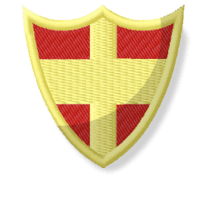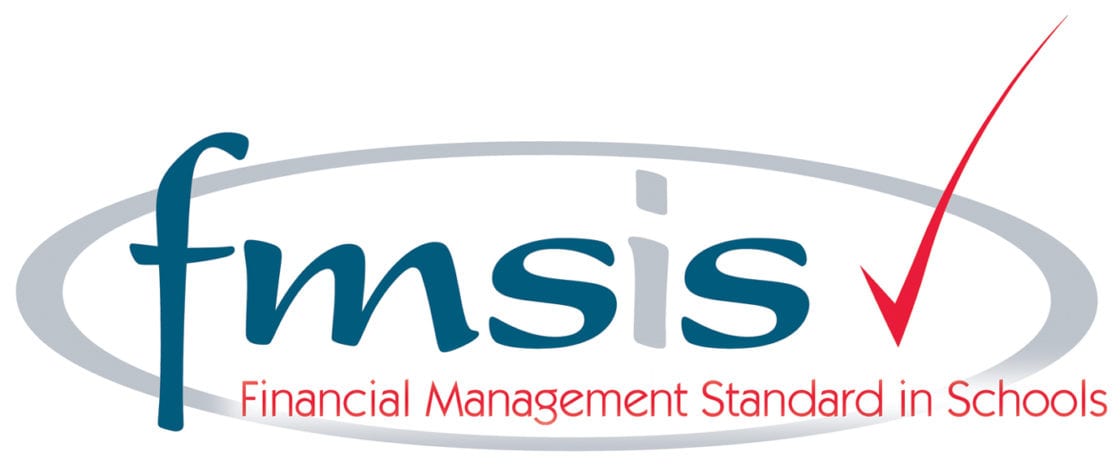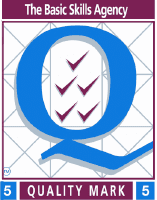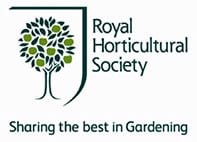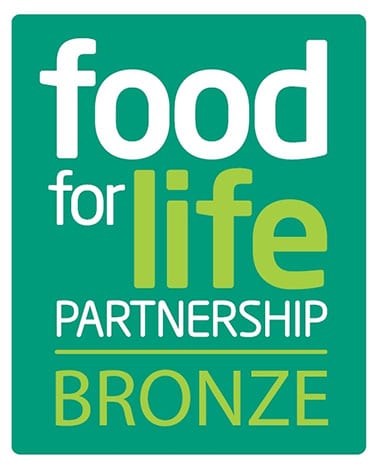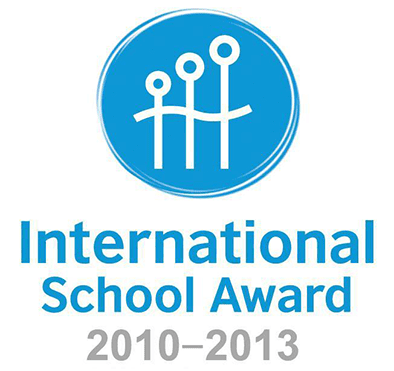Welcome to Key Stage 1
Teachers: Mr Cooper and Mrs Hunter
Our Curriculum – Key Stage 1 (Class 2 and 3)
Curriculum
Children have access to a broad and balanced curriculum that aims to develop both their academic and social skills. Planning is done using a topic-based approach and cross curricular links are made when appropriate. Practical experiences are provided to enrich learning whenever possible. Children’s individual needs are acknowledged and differentiated experiences are provided to accommodate these needs.
English
The New National Curriculum objectives for each year group form the basis of planning and assessment during each term, units of work involving different genres of texts are covered. We will use reading and writing skills across the curriculum.
Reading
Reading skills are developed on a daily basis. Children progress through the Little Wandle Letters and Sounds Revised Systematic Synthetic Phonics Programme which develops their ability blend and segment words and to read high frequency words.
Whole class, small group reading practice sessions and individual reading takes place throughout the week. Children are provided with regular opportunities to read fiction, non-fiction and poetry books and are encouraged to use appropriate vocabulary when looking at these books (e.g. author, illustrator, poet, publisher etc.). We will read class stories daily which the children will choose from the class library or class novels which will be read over a period of time.
As well as reading within the classroom, children also practise at home. Reading books are given out on a weekly basis, either as E-Books or hard copies, and parents are encouraged to make comments about their child’s progress in their reading record book. Teaching staff also make comments in the reading record when the children read in school.
Children are provided with a wide range of opportunities to write both within English sessions and throughout the curriculum. They are encouraged to explore a variety of genre. Spelling skills are developed via the Little Wandle Letters and Sounds Revised Systematic Synthetic Phonics Programme and through the Little Wandle Spelling Programme.
Reading at home is also deemed as extremely important. We encourage children to read regularly with their grown-ups to help support their reading journey. When a child reads three times at home they are awarded a point; when they reach ten points they receive a Golden Coin for the Book Vending Machine.
Writing
Children will have an opportunity to write and develop writing skills every day.
At St. Joseph’s we follow the ‘I Am A Clever Writer’ approach which enables children to progress and develop writing skills through using picture books and carefully written WAGOLLs (What A Good One Looks Like). Teachers follow Best Practice Documents and carefully structure progression documents to plan English lessons to ensure new skills are taught at the correct time and previously taught skills are revisited and embedded into children’s writing.
Children’s writing is celebrated and they take pride in their writing. Each Friday every child has the opportunity to complete a ‘Star Write’ and show off their Clever Writer skills. A ‘Star Writer’ is chosen by the class teacher and they receive a certificate and Star Writer pencil; their writing is also displayed in the school hall for everyone to see.
Mathematics
The New National Curriculum objectives for Maths are the starting point for planning. Practical experiences are provided on a regular basis for children to explore aspects of number, shape, space and measure. Investigations, puzzles and word problems are also provided. ICT is incorporated into sessions whenever appropriate. Children are encouraged to develop their mental maths skills and to begin to learn some number facts (e.g. multiplication tables) to enable them to carry out calculations more efficiently.
Each morning the children complete Morning Maths activities which will revisit and recap previously taught skills.
Challenges in Maths will be given for children to apply their reasoning skills.
R.E
The “Come and See” programme currently forms the basis of planning in R.E. Children progress through a unit of work, learning about different aspects of the Catholic faith. Opportunities to read Bible stories, reflect and take part in Liturgical Prayer are integrated daily. Groups of children will have the opportunity to plan and implement their own Liturgical Prayer. There is also an opportunity each term for the children to learn about another faith. KS1 children gather together regularly for Key Stage Liturgical Prayer and Hymn Practice.
RSHE
Relationships Education, Relationships and Sex Education and Health Education is taught following the Ten Ten Life to the Full Relationships and Health Education curriculum programme underpinned by a Christian faith understanding that our deepest identity is as a child of God – created, chosen and loved by God.
Science
Developing Experts is used to teach Science. Several units of work are covered throughout the year and within each unit children have the opportunity to explore and investigate. They learn about plants, animals and habitats, materials and their properties and physical processes.
History
Children are encouraged to use a variety of sources to find out about the past. They learn about some Significant People and events and begin to develop a sense of chronology.
Geography
Children develop an awareness of their own locality and are encouraged to express opinions about its main features. They also develop an awareness of some contrasting localities in different parts of the world. As a result of these units of work the children also develop ability to use simple maps and globes.
Art and Design
Several units of work are covered each year which aim to develop creativity. Children experience a variety of different techniques and are introduced to the work of some famous artists. They take pride in displaying their work in their own sketch books and have the opportunity to self-assess their own work as well as offer their opinions to the artwork of their peers also.
Design and Technology
Children have the opportunity to learn about Food, Textiles, Mechanisms and Structures over the year. They are taught the whole design process during these units including: research and investigation, developing key skills, designing, making and evaluating.
P.E
Weekly sessions promote physical development. Throughout the year children learn basic skills in gymnastics, games and dance. They have opportunities to work independently, in pairs and as part of a team. At different points of the year we may have Easington Sports Partnership in school to support in P.E lessons.
We are lucky to have a Cross-Curricular Orienteering Course set up in school. Each class is timetabled to use this course. Children use maps to locate different markers and teachers plan lessons for different areas of the curriculum for children to revisit and recap skills using the course.
Computing
Computing is taught weekly following a long-term plan for each year group. We use Purple Mash for children to access different programmes and activities. Objectives are covered for different year groups and clear progression is seen.
To view our Curriculum Plans please visit Our Curriculum section.
